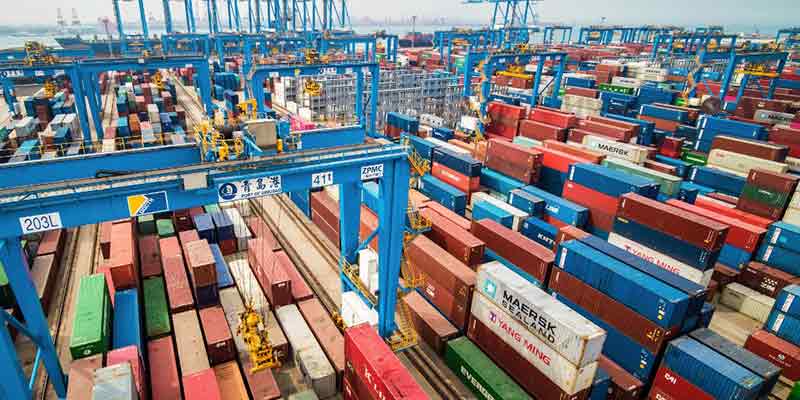- India
- Nov 01
WTO rules against India’s export sops
India has lost a case filed by the US at the World Trade Organization (WTO) against domestic export incentives as the dispute settlement panel on October 31 concluded that these schemes are inconsistent with international trade norms.
With this ruling, India will have to rework these incentive schemes to comply with the WTO ruling. However, it can file an appeal against the ruling at the appellate body of the WTO dispute settlement mechanism.
On March 14, 2018, the US had dragged India to the WTO’s dispute settlement mechanism over New Delhi’s export incentive schemes, including Merchandise Exports from India Scheme (MEIS), Export Oriented Units (EOUs), Export Promotion Capital Goods (EPCG) Scheme and duty free imports scheme.
According to the procedure established by the WTO, the first step to resolve a trade dispute is engaging for consultation process. If two trading partners having dispute could not resolve at that level, one of them can ask for settlement of dispute panel for hearing. The panel’s report or ruling can be challenged at the appellate body.
India will appeal against the ruling of the WTO’s dispute settlement panel, which held that domestic export incentive schemes are inconsistent with global trade norms, an official said. “India will be appealing the decision of the panel regarding the four schemes to the appellate body of the WTO,” the official said.
What are these schemes meant for?
The government introduced the Merchandise Exports from India Scheme (MEIS) through the Foreign Trade Policy (FTP) 2015-20 from April 1, 2015. It seeks to promote the export of notified goods manufactured / produced in India. MEIS is a major export promotion scheme. Earlier, there were five different schemes for rewarding merchandise exports with different kinds of duty scrips with varying conditions attached to their use. Now, all these schemes have been merged into a single scheme.
The Export Oriented Units (EOU) scheme is complementary to the Export Processing Zones (EPZ). EPZs are special enclaves, separated from the Domestic Tariff Area (DTA), to provide an internationally competitive duty-free environment for export production. EOU is widely dispersed in location, unlike EPZs, which are set up at specific locations.
Export Promotion Capital Goods (EPCG) scheme gives the manufacturer facility for import of capital goods for export production at concessional rate of duty (5 per cent) against certain level of export obligation over a period of time.
The US had alleged that these schemes were harming American companies.
The dispute panel in its report has concluded that most of these schemes like EOU, Electronics Hardware Technology Parks Scheme, EPCG and MEIS are inconsistent with certain provisions of WTO’s Agreement on Subsidies and Countervailing Measures.
The dispute panel recommended that India should withdraw the prohibited subsidies within 90 days from adoption of the report.
It should also withdraw the prohibited subsidies under the EOU / EHTP / BTP schemes, EPCG and MEIS within 120 days and SEZ scheme within 180 days.
The exemptions from customs duties on importation under the EOU / EHTP / BTP (Bio-Technology Parks) schemes are subsidies contingent upon export performance inconsistent with certain articles of the agreement, the ruling said.
“The duty credit scrips awarded under MEIS are subsidies contingent upon export performance, inconsistent with Articles 3.1(a) and 3.2 of the SCM Agreement,” it added.
Manorama Yearbook app is now available on Google Play Store and iOS App Store

